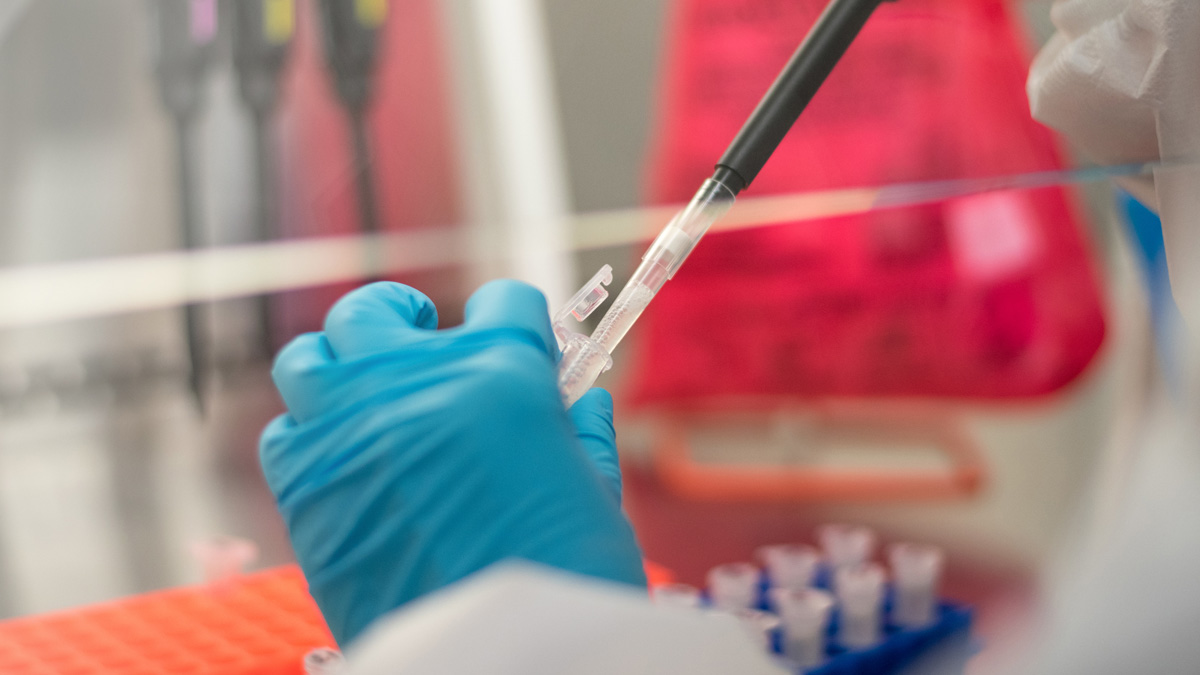UK team awarded grant for ‘second wave’ COVID-19 drug hunt

A UK research group has been given £2.2 million in funding to seek out additional drugs to treat COVID-19, in case the first wave of therapies fail to show a benefit.
The money has been awarded to AGILE, a project that aims to rapidly identify drugs to help treat and prevent COVID-19 which is led by the University of Liverpool.
AGILE has been awarded the grant by Unitaid, a non-governmental organisation that focuses on improving the health of low- and middle-income countries, and is part of $30 million in funding by the NGO earmarked for pandemic projects.
The aim is to identify backup compounds if the drugs currently at the forefront of clinical testing for COVID-19 fail to live up to their early promise, which has already been seen with antimalarial hydroxychloroquine, an early front-runner now all but abandoned as a candidate.
Gilead Sciences’ antiviral remdesivir has shown modest efficacy in testing so far, and just this week there was good news from the large-scale RECOVERY trial when dexamethasone was found to reduce mortality in critically-ill patients requiring respiratory support.
There’s little data so far on other first-wave candidates like AbbVie’s HIV drug Kaletra (lopinavir/ritonavir), antibiotic azithromycin, interferon beta and Roche’s IL-6 inhibitor Actemra (tocilizumab), although the first results with the latter have just come through and are not encouraging.
In an Italian trial, Actemra was unable to reduce severe respiratory symptoms, intensive care visits, or death any better than standard treatment for COVID-19.
AGILE intends to get a running start on a second wave of drug candidates if these first attempts at finding an effective treatment fall flat, according to Prof Saye Khoo, who is a co-leader of the project at the University of Liverpool with Prof Andrew Owen.
The project “uses the most modern and innovative statistical methods which allows for multiple drugs to be tested in parallel, and to remove or add treatments faster than ever before, based on results of safety and efficacy,” said Khoo.
“This has the advantage of testing more treatments, more quickly, to find out which new drugs are suitable for large-scale testing in COVID-19 patients.”
Promising candidates will be handed on to “established consortia including key stakeholders involved in WHO-led expert groups for treatment and prevention of COVID-19…to test in large-scale trials,” added Owen.
Other academic institutions contributing expertise to AGILE include Liverpool Tropical School of Medicine, Southampton Clinical Trials Unit and NIHR Liverpool and Broadgreen Clinical Research Facility.
Earlier this year, Unitaid awarded £24.5 million to the Liverpool team for a project – called LONGEVITY – that aims to develop long-acting formulations for malaria and tuberculosis prevention and a single-injection cure for hepatitis C. The £2.2 million for AGILE has come out of that funding provision.











